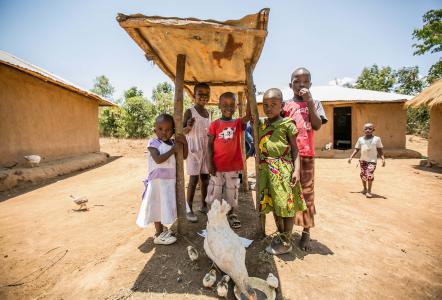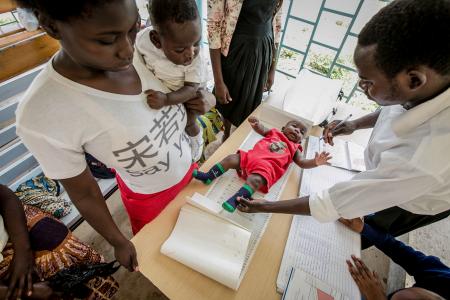Are We Missing a Critical Window for Preventing Diarrheal Deaths in Children?
By Kate Pfizenmaier / Global WACh
Death from diarrheal disease is entirely preventable yet it remains the second leading cause of death worldwide in children under five. When a child arrives at a clinic with severe diarrhea in a low-income country, say Kenya, what dictates the treatment they get? How do we define the severity of their condition and when do we assume it could be life threatening?

